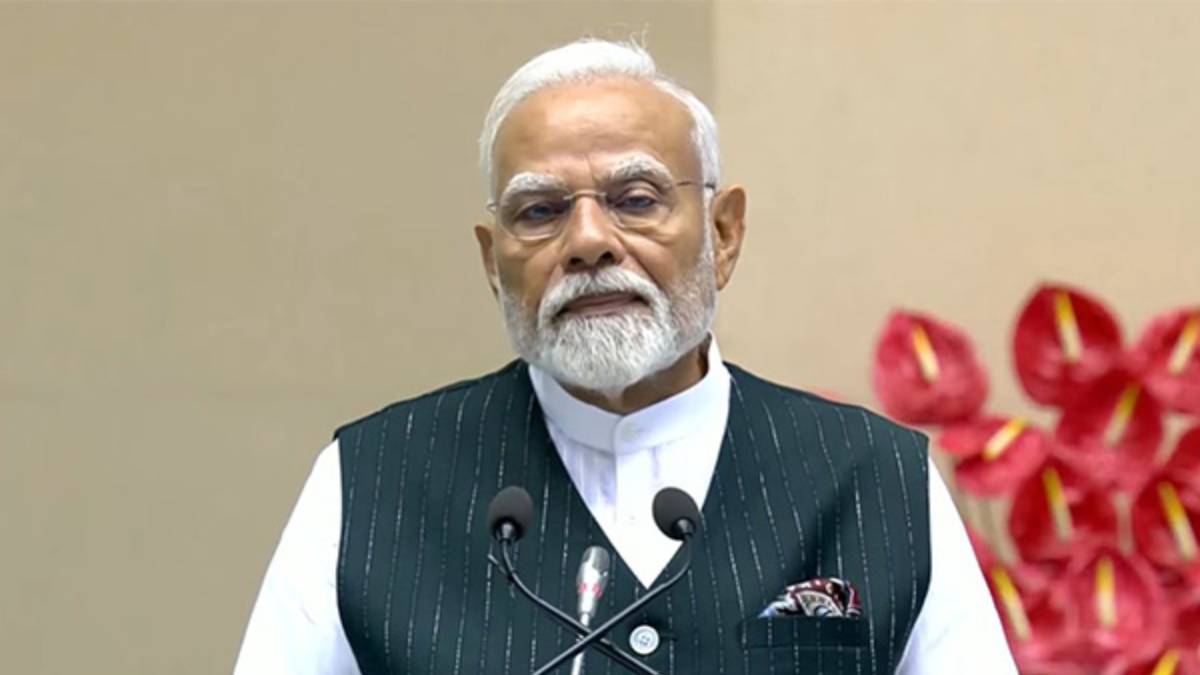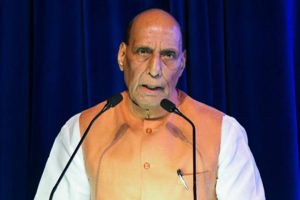In a significant move following the deadly Pahalgam terrorist attack, the Union government has restructured the National Security Advisory Board (NSAB), appointing Alok Joshi, former Chief of the Research and Analysis Wing (RAW), as its new head.
The revamped seven-member board brings together a mix of senior retired military, police, and diplomatic officials. New inductees include Air Marshal P.M. Sinha (retd.), former Western Air Commander; Lt. Gen. A.K. Singh (retd.), former Southern Army Commander; and Rear Admiral Monty Khanna (retd.). Additionally, retired IPS officers Rajiv Ranjan Verma and Manmohan Singh, along with retired IFS officer B. Venkatesh Varma, have joined the board.
This development follows a high-level security review led by Prime Minister Narendra Modi in the wake of the Pahalgam attack that killed 26 civilians, including one Nepalese national. The attack, believed to have cross-border links, prompted back-to-back meetings of the Cabinet Committee on Security (CCS), Cabinet Committee on Political Affairs (CCPA), and Cabinet Committee on Economic Affairs (CCEA) at the PM’s residence.
In response to the attack, the government announced tough measures, including placing the Indus Water Treaty in abeyance, signaling a hard stance against Pakistan-backed terrorism. PM Modi also granted complete operational freedom to the Indian Armed Forces to determine the timing and nature of any retaliatory actions.





